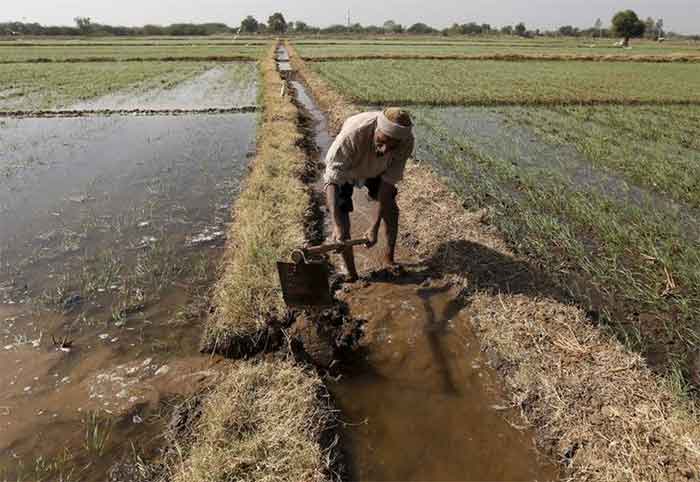
Counting from the day the dharna of farmers started at Delhi borders, soon the movement will be completing six months or half a year. These are difficult days. Much of the work has to be done in exceptionally difficult conditions of the pandemic. There are several restrictions on mobilizations imposed by the authorities in pandemic times, and many normally sympathetic persons would also be reluctant to come for support in these exceptional times, understandably so. There are differences and confrontations with the authorities relating to covid restrictions which go beyond the real issues of farmers.
On the strength of its achievements so far this movement of farmers can already be called a successful movement. It succeeded in focusing much needed attention on what is wrong with the three controversial farm laws which signal a wider and stronger drift towards corporatization of agriculture, thereby accentuating the farming crisis instead of resolving it. It contributed to unity of workers and farmers to some extent. It helped to overcome sectarian divides to some extent even in areas earlier troubled by this. It helped in greater social mobilization of people. It became an inspiring place of courageous resistance to authoritarian forces and trends.
All this is good. Social usefulness of all this is well-realized and appreciated. But a longer-term movement cannot be sustained just on this. It needs higher goals. Hence it is clearly time for the farmers’ movement to move towards wider social goals and forge a wider unity for this purpose.
The higher goals should go beyond narrow issues and thinking that have restricted most movements of farmers in India so far. There should be a clear understanding of the broad agenda of changes that are needed so that sustainable, satisfactory, creative livelihoods can prosper in rural areas over a longer term, overcoming all the adversities that exist. To ensure this as well as a healthy and safe life in villages, environment including soil, water sources, biodiversity, pollinators etc. should be well-protected.
There should be progress towards farming systems which need very few external inputs and hence incur very low costs. Along Gandhian lines, ways of moving towards more self-reliant rural systems should be explored, a very creative and exciting endeavor full of re-discovering potential of villages and village-people, including youth as well as generally ignored elderly people, men and women, not just farmers but also food-processors, cooks, artisans, nomads, cattle-breeders, service-providers etc.
Concerns of small and medium farmers as well as landless should all be protected. Women farmers should get more recognition. Food security and livelihoods of even the landless should also be well protected, and the quest to find some land for them should also continue.
There should be increasing progress in generating livelihoods at village level in food/crop processing as well as in other diverse non-polluting activities. While asking the government to procure more crops at a fair price, moving also towards decentralized procurement directly in village for local PDS and nutrition schemes, creative ways of establishing contacts between farmers and consumers should also be encouraged, thereby setting up systems of linking organic healthy food production and assurance of fair price for them close to place of production. Special needs of farmers of flood-prone areas, drought-prone areas and desert areas, hilly areas, tribal areas etc. should be well understood and articulated. Ways and means of contributing much to climate change mitigation and adaption in very creative ways should be well understood and pursued, while also demanding adequate budget for this.
If the farmers’ movement can have a such a broad agenda then surely it will definitely contribute much more to genuine progress and its contribution will be much higher , getting appreciation not just all over the country but also all over the world.
Bharat Dogra is a journalist and author. His recent books include When the Two Streams Met ( Freedom Movement ) and Man Over Machine ( Gandhian ideas for our times).
GET COUNTERCURRENTS DAILY NEWSLETTER STRAIGHT TO YOUR INBOX
 RSS Feed
RSS Feed















 May 10th, 2021
May 10th, 2021  Awake Goy
Awake Goy  Posted in
Posted in  Tags:
Tags: 













